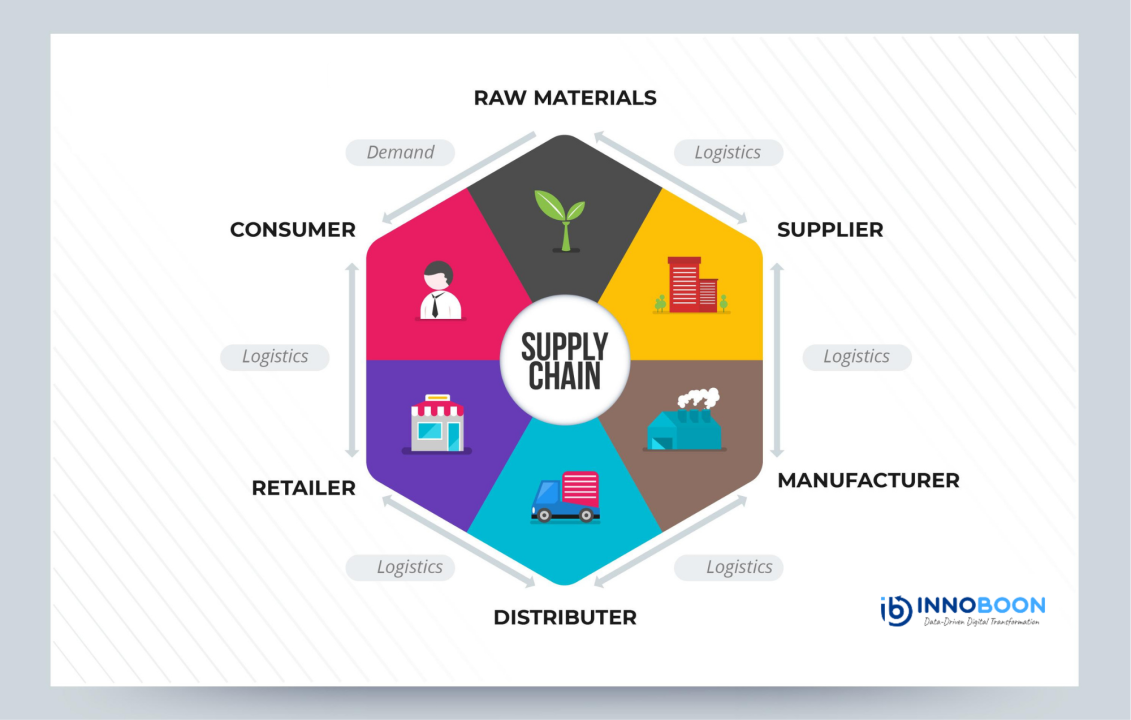Are we hiding our heads in the sand, ignoring long term supply chain issues?
Almost two-thirds (63%) of senior decision-makers working for large enterprises in the UK believe the current business disruption caused by a lack of access to or availability of raw materials or component parts in the supply chain will be resolved by the end of 2022. (source: https://www.logisticsit.com/articles/2022/08/16/large-uk-enterprises-in-denial-with-many-expecting-current-supply-chain-disruption-to-be-done-with-by-year-end)
How are the large enterprises in the UK perceiving the supply chain disruption that reared its head during the pandemic?
Let’s see what are the issues that have been with us for the past year or two.
- Non-availability: of raw materials and components, for manufacturing and assembly
- Shortage of supply chain skilled workers
- Shortage of infrastructure capability
- Lack of demand at the beginning of the lock downs, and demand spikes that surprised all at the end
A survey shows that more than 60% of enterprises are hoping that this supply chain disruption will end by the time Christmas, 2022, rolls around.
But, will it? More than 70% of the businesses surveyed are applying short-term measures, more like first aid, to mitigate this supply chain disruption. They are:
- sourcing more material from domestic suppliers
- increasing the number of suppliers
- keeping more stock in inventory
These actions will keep the supply chain grinding along at severely lower efficiencies and will adversely impact the agility required for long-term sustainability and will add a myriad of complications to supply chain and logistics operations.
While these enterprises are doing their best to address the supply chain issues, they are not being realistic about how long this supply chain disruption will last, and are responding with short-term fixes. The truth is that these supply chain disruptions will last for a long time, and future disruptions will appear at a faster, more accelerated pace, that would require enhanced agility and resilience.
On the other hand, a few strategic thinkers have started enhancing their capability to withstand supply chain disruptions and improving supply chain management capabilities by adopting Technologies using data analytics and AI.
Given the breakthroughs technology has brought in to help businesses with big data management, business intelligence, predictive analytics, and artificial intelligence, it is time all enterprises and SMEs in the logistics and supply chain domain look to moving onto intelligent technology platforms to derive maximum value from their existing capabilities and provide delightful experiences to their customers and end-users.
We, at InnoBoon, have a one-point solution that is built on data analytics and AI technologies that is aimed at allowing businesses to tide over disruptions, and overall make it easy to manage the supply chain. The solution can be implemented and configured to fit the current model of all players in the supply chain and logistics space.
InnoBoon also has acute Product Engineering capabilities to engineer and build bespoke solutions for managing logistics and the supply chain for all categories of stakeholders.



